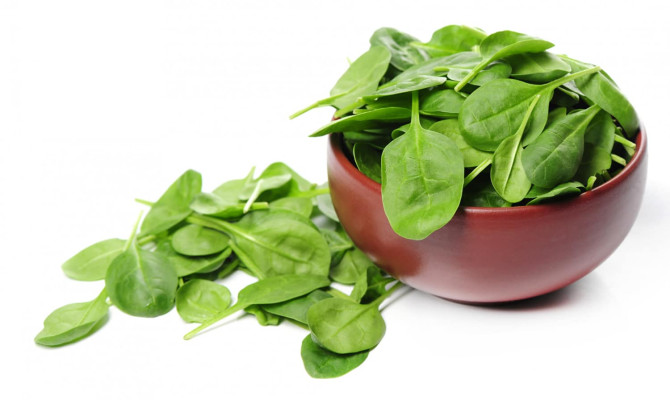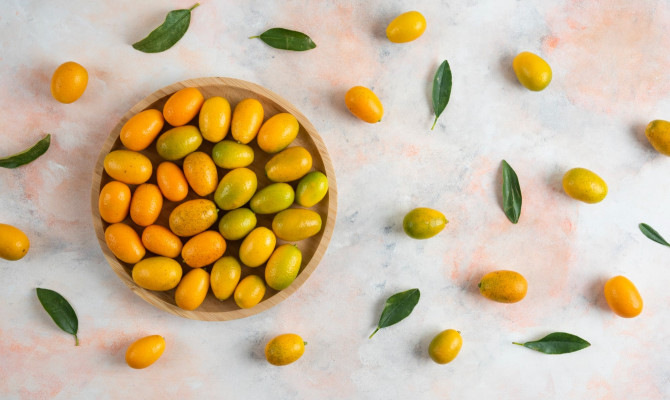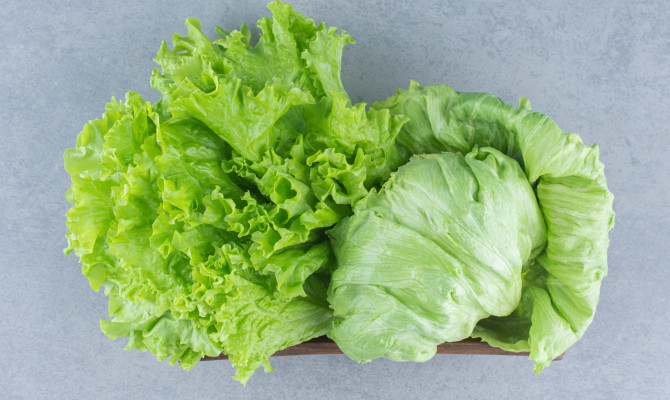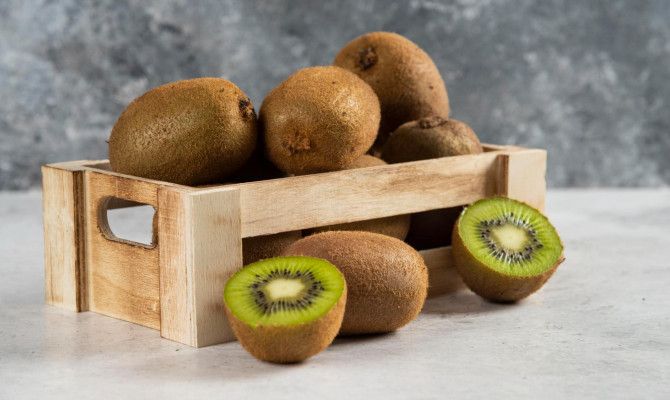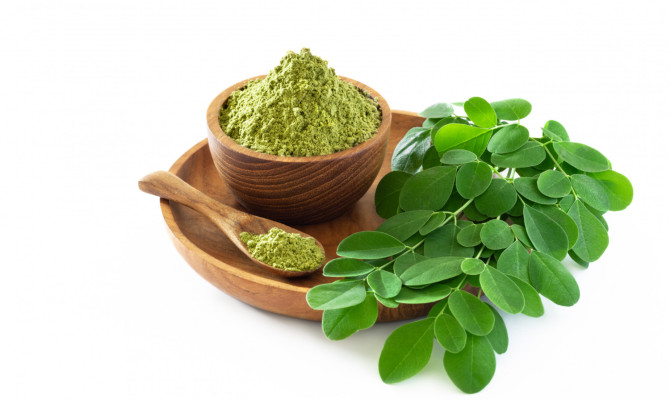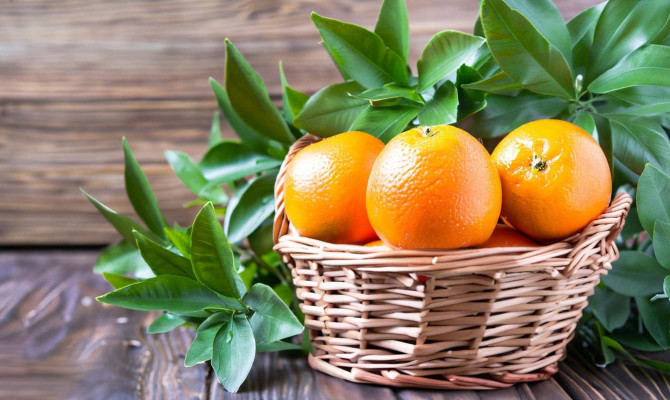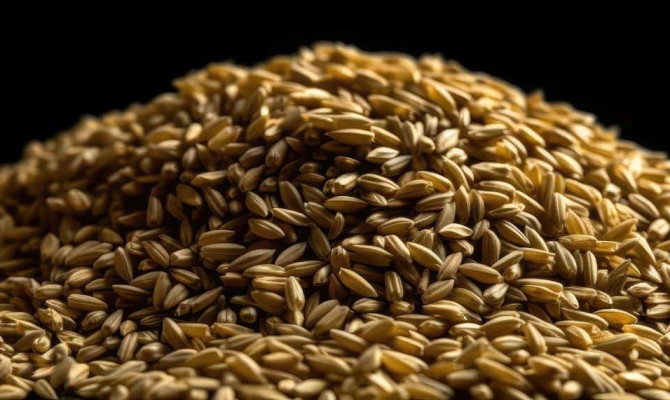Benefits Of Lotus Root

- Lotus Root
- 21 Sep 2023
Introduction
Lotus Root
Lotus root, scientifically known as “Nelumbo nucifera,” is a unique and versatile vegetable cherished in Asian cuisine for centuries. Its popularity extends far beyond its native regions, as people worldwide have discovered its exceptional flavor and numerous health benefits.

In this article, we will develop into the nutritional powerhouse Lotus root, exploring its rich history, culinary uses, and the many advantages it offers to those who incorporate it into their diets.
Lotus root deserves a spot in your kitchen and on your plate, whether you’re a foodie or just inquisitive about how food may improve your health.
Nutrition
Nutrition Profile of Lotus Root
Indeed, here is a detailed breakdown of the nutritional content of grams of a raw Lotus root:1 Nutrition Profile | Researched based study from United States Department of Agriculture
Calories: approximately 74 calories
- Carbohydrates: approximately 17.23 g
- Dietary fiber: about 4.9 g
- Sugar: around 0.44 g
- Protein: approximately 2.6 g
- Fat: approximately 0.11 g
Vitamins
- Vitamin C: approximately 44 mg (73% of the daily recommended intake)
- Vitamin B6 (pyridoxine): approximately 0.25 8 mg
- Vitamin B2(riboflavin): approximately 0.074 mg
- Vitamin B1(thymine): approximately 0.127 mg
- Vitamin B9(folate): approximately 8 micrograms
- Niacin (vitamin B3): approximately 0.4 mg
- Vitamin B5 (pantothenic acid): approximately 0.62 mg
Minerals
- Potassium: approximately 556 mg
- Phosphorus: approximately 38 mg
- Calcium: approximately 45 mg
- Iron: approximately 0.61 mg
- Magnesium: approximately 16 mg
- Zinc: approximately 0.19 mg
- Sodium: approximately 41 mg
Benefits
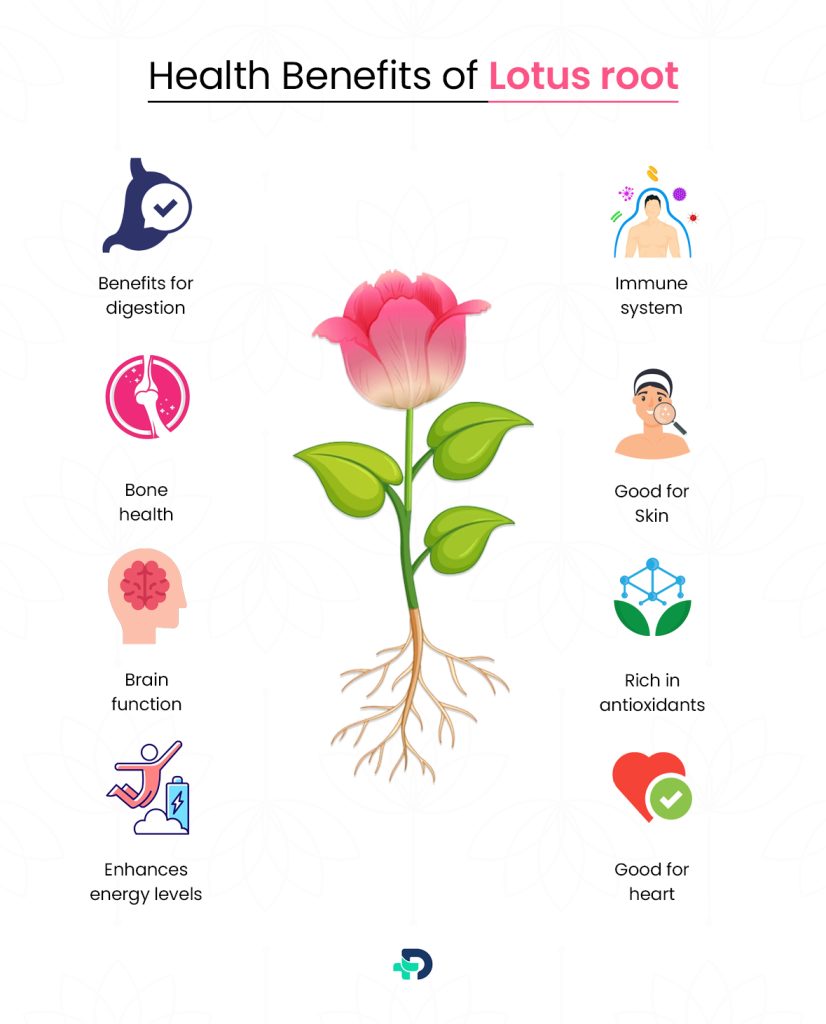
Health Benefits of Lotus Root
- Benefits for digestion
- Immune-system
- Low-caloric
- Rich in antioxidants
- Good for heart
- Good for skin
- Enhances energy levels
- Brain function
- Bone health
It boasts a remarkable array of health benefits, making it a valuable addition to your diet. We will explore how consuming it can enhance your well-being.
Digestion
Lotus Root for better Digestion
Rich in dietary fiber
- It is a significant nutritional fiber essential for a healthy digestive system. You can avoid constipation and promote regular bowel movements by adding fiber to your diet. Additionally, it aids in softening the feces to make it simpler to pass.
Relief of gastrointestinal discomfort
- The lotus root’s fiber can relieve common digestive discomforts like bloating and gas. It facilitates the easy passage of food through the digestive system, lessening the possibility of digestion.
Prevention of constipation
- The fiber in it aids in preventing constipation. This lessens discomfort by facilitating the stool’s easier passage through the intestines.
Support for gut health
- It acts as a prebiotic, providing nourishment for beneficial gut bacteria. A healthy gut microbiome is linked to improved digestion and overall well-being.
Balanced blood sugar levels
- By reducing the rate at which the digestive system assimilates glucose, it can assist in controlling blood sugar levels. This can be especially beneficial for persons who have diabetes or are at risk of developing it.2 Lotus Root for Digestion| Researched based study from National Institutes of Health ,3 Blood Sugar Level| Researched based study from National Institutes of Health
Immunity
Lotus Root Boost Immune System
Vitamin C level
- It is a notable source of vitamin C, a nutrient recognized for enhancing the immune system. It plays a crucial role in aiding the immune system by boosting the production and functionality of white blood cells, which are responsible for fighting infections.
Antioxidant properties
- Beyond its Vitamin C content, Lotus root contains various antioxidants. Help combat the body caused by free radicals. The oxidative stress can weaken the immune system over time. By providing antioxidants, Lotus root helps protect immune cells from damage and optimizes their function.
Infection prevention
- An immune system that is strong is better able to fend off and fight illnesses. Combining Vitamin C and antioxidants can help your body resist common illnesses like colds, flu, and other diseases.
Reduced inflammation
- Its anti-inflammatory properties can further support immune function. The immune system may be suppressed by chronic inflammation, leaving the body more susceptible to infections. By reducing inflammation, it indirectly contributes to immune system health.4 Immune Boosting Properties| Researched based study from National Institutes of Health
Calories
Lotus Root is Low in Calories,High in Nutrition
Low-calorie content
- It has a naturally low calorie content, which makes it a desirable choice for people who are concerned about weight management. Its calorie content primarily comes from carbohydrates with minimal fats and proteins. This low-calorie feature suits those aiming to control their daily calorie intake.
High nutrient density
- Despite its low-calorie content, it is packed with essential nutrients. It contains vitamins like B6, which are vital in metabolism and immune function. It also contains a lot of potassium, which is important for healthy muscle and nerve function as well as regular blood pressure.
Balanced macronutrients
- The form of complex starches. These are an excellent source of sustained energy without causing rapid blood sugar spikes and crashes. By doing this, you can maintain a constant level of energy throughout the day.
Factor of satiety
- Combining complex carbs and dietary fiber can increase satiety and fullness. This may be useful for people who want to manage their hunger and avoid getting too hot.
Dietary diversity
- In addition to Vitamin B6 and potassium, it also contains other essential nutrients like Vitamin C, dietary fiber, and minerals. The variety of nutrients guarantees that you get a range of health advantages without consuming too many calories.5Weight management| Researched based study from National Institutes of Health
Antioxidants
Lotus Root is Rich in Antioxidants
Antioxidant variety
- A variety of antioxidants, including flavonoids, phenols, and other phytonutrients, are present in it. Together, they help the body fight oxidative stress.
Free radicals and oxidative stress
- Oxidative stress results from an imbalance of free radicals and antioxidants in the body. Chemicals known as free radicals are unstable and have the capacity to damage DNA, proteins, and cells. Numerous chronic diseases, including cancer, heart disease, and ageing, are connected to this injury.
Cellular defense
- As scavengers, antioxidants eliminate free radicals before they can do any damage. By preventing oxidative damage, you lower your risk of developing chronic diseases.
Anti-aging advantages
- It causes the body and skin to age prematurely. By neutralizing free radicals, lotus root’s antioxidants can help keep your skin looking youthful and promoting overall longevity.
Cancer prevention
- Antioxidants are essential for avoiding the growth of cancer. They help inhibit the growth of cancer cells and reduce the risk of mutations in DNA. Regular consumption can contribute to your body’s defense against cancer.6Antioxidant Properties| Researched based study from National Institutes of Health
Heart
Lotus Root for Heart Health
Abundant potassium
- It is notably rich in potassium and essential mineral that plays a pivotal role in regulating blood pressure. Potassium helps contract the effects of sodium, which can lead to elevated blood pressure when consumed in excess.
Blood pressure regulation
- Potassium acts as a vasodilator, which relaxes blood vessels, reducing tension in the arterial walls. This relaxation effect helps lower blood pressure by allowing blood to flow more smoothly through the arteries, thus reducing strain on the heart.
Hypertension prevention
- Heart disease and stroke risk are significantly increased by hypertension, often known as high blood pressure. Consuming potassium-rich foods, such as lotus root, can help manage and avoid hypertension.
Cardiovascular risk reduction
- Heart health depends on maintaining optimal blood pressure levels.
Balanced electrolytes
- Potassium is one of the body’s electrolytes, along with sodium, calcium, and magnesium. Balance of electrolytes in your cells, ensuring proper muscle and nerve function, including the heart’s rhythmic contractions.7Heart Health| Researched based study from National Institutes of Health
Skin
Lotus Root for Healthier Skin
Vitamin C
- It contains vitamin C, an essential component for healthy skin. It is critical for the manufacture of collagen, which is necessary for preserving the suppleness and firmness of the skin. A collagen structure that is well-maintained can decrease the appearance of fine lines and wrinkles.
Antioxidant protection
- Lotus root contains antioxidants that help fight oxidative stress, which can cause skin to age prematurely.
Reduced skin discoloration
- By lessening the appearance of dark spots and pigmentation, vitamin C and other antioxidants may also help to create a skin tone that is more even. It may result in a complexion that is lighter and more luminous.
Hydration and moisture
- It contains water, which can contribute to skin hydration. Proper hydration is essential for maintaining suppleness and preventing dryness and flakiness.
Anti-inflammatory effects
- Its inflammatory properties can help the irritated skin and reduce redness and puffiness. This can be particularly beneficial for individuals with sensitive or inflamed skin conditions.
Skin repair
- Antioxidants aid in the repair of regeneration of damaged skin. Consuming Lotus root requires supports the body’s natural ability to heal and rejuvenate the skin.10Skin Health| Researched based study from National Institutes of Health
Brain
Lotus Root for Brain Function & Cognitive Health
Vitamin B6 for neurotransmitters
- The brain needs the vitamin B6 form of pyridoxine to produce neurotransmitters. Neurotransmitters are chemical mediators that enable communication between brain cells. This is vital for various cognitive processes, including memory, learning, and mode regulation.
Cognitive function support
- Adequate levels of Vitamin B6 are necessary for optimal cognitive function.
Reduction in cognitive decline
- It has been suggested that vitamin B6 may lower the risk of age-related cognitive decline and neurodegenerative diseases like Alzheimer’s.12Vitamins in Alzheimer’s Disease| Researched based study from National Institutes of Health While further study is required to keep optimal levels of this vitamin through dietary sources like Lotus root is a sensible preventive measure.
Improved mood
- It is involved in the synthesis of serotonin, a neurotransmitter associated with mood regulation.
Nervous system function
- Vitamin B6 is vital for adequately functioning the nervous system, which includes transmitting signals between the brain and the rest of the body. A well-functioning nervous system is essential for overall brain and physical health.9Brain Function| Researched based study from National Institutes of Health
Energy
Lotus Root Enhances Energy Levels
Complex carbohydrates
- It contains complex carbohydrates primarily in the form of starches. Complex carbs take longer to digest than simple sugars because they contain longer chains of sugar molecules.
Constant flow of energy
- Complex carbs give a continuous and progressive release of glucose into the bloodstream because they breakdown more slowly than simple carbohydrates You won’t experience the rapid spikes, keep your energy levels steady and crashes associated with simple sugar consumption.
Avoiding blood sugar fluctuations
- Rapid fluctuations in blood sugar levels can lead to feelings of energy is followed by crashes, which can have you feeling fatigued and irritable. The complex carbohydrates of lotus root help prevent these fluctuations, allowing you to stay alert and energized
Satiety and appetite control
- Complex carbohydrates and dietary fiber in lotus root can contribute to a feeling of fullness and Satiety. This can help you manage your appetite and avoid overheating, ensuring a steady supply of energy without consuming excessive calories.
Athletic endurance
- It can be a valuable addition to the diets of athletes and active people. Its carbohydrate content provides glycogen, a stored form of glucose in the muscles and liver, which serves as a crucial energy source during physical activity.8Energy Levels| Researched based study from National Institutes of Health
Bone
Lotus Root for Bone Health
Calcium for bone structure
- The mineral calcium is essential for the development and upkeep of strong bones. It is a crucial part of bone construction and gives bones the stiffness and strength they need to handle daily activity.
Phosphorus for bone health
- It is another essential mineral for bone health and works with calcium. Phosphorus helps bones form the mineral, contributing to their density and strength.
Bone density and strength
- For the maintenance of bone density and the prevention of diseases like osteoporosis, which can result in damaged and brittle bones, an adequate intake of calcium and phosphorus is essential.
Prevention of bone diseases
- Especially as you become older, eating foods high in calcium and phosphorus, such as lotus root, can help avoid bone problems and fractures.
Balanced bone remodeling
- Calcium and phosphorus play a role in the continuous process of bone remodeling. This process involves the removal of old bone tissue and the formation of newborn tissue. Maintaining a balance of these minerals supports healthy bone turnover.
Support for growing children
- Its mineral content is particularly beneficial for children and adolescents whose bones are still developing.
Bone health maintenance
- While lotus root alone may not meet all your calcium and phosphorus needs can be a valuable addition to a diet that includes other bone healthy foods like dairy products, leafy greens, and fortified foods.11 Bone Regeneration| Researched based study from Research Gate
FAQs
FAQs about Lotus Root
Is lotus root a superfood?
- It is a nutritious and versatile vegetable with various health benefits and is typically categorized as a superfood. The term is often used to describe foods exceptionally rich in specific nutrients or antioxidants believed to provide significant benefits.
Is lotus root good for Acid Reflux?
- It is generally considered a low-acid food and is not known to trigger or version of acid reflux symptoms for most people. It can be a suitable addition to the diet of people who experience acid reflux or gastroesophageal reflux disease (GERD) since it is not known to be a typical trigger.
Can diabetics consume lotus root?
- It should be ingested, yet it can be incorporated into a diet, but it should be consumed in moderation and as part of a balanced meal plan as its kind of content can affect blood sugar levels.
Is Lotus root good for Kidneys?
- It is generally considered a kidney-friendly food and can be included in a renal diet for people with kidney disease, especially in moderation.
Any feedback on this article?
 This Articles content was accurate
This Articles content was accurate Very Informative Article
Very Informative Article I have a question or a comment
I have a question or a comment
 This article contains inaccurate content
This article contains inaccurate content This article was not helpful
This article was not helpful I have a question or a comment
I have a question or a comment
We appreciate your helpful feedback!
Checkout our social pages
References
-
United States Department of Agriculture
Nutrition Profile
-
National Institutes of Health
Lotus root for digestion
-
National Institutes of Health
Blood Sugar Level
-
National Institutes of Health
Immune boosting properties
-
National Institutes of Health
Weight management
-
National Institutes of Health
Antioxidant properties
-
National Institutes of Health
Heart health
-
National Institutes of Health
Energy Levels
-
National Institutes of Health
Brain Function
-
National Institutes of Health
Skin Health
-
Research Gate
Bone regeneration
-
National Institutes of Health
Vitamins in Alzheimer’s Disease












